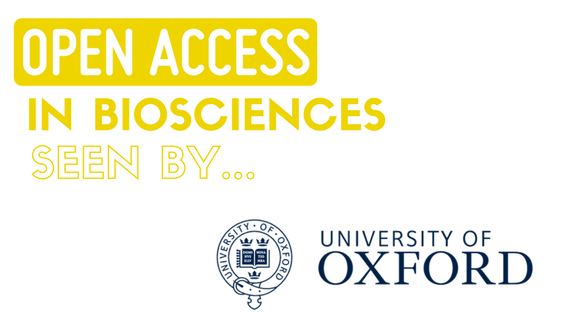How do you understand Education in biosciences research? Science education is a key element of Responsible Research and Innovation (RRI) framework. The aim is to better connect science and society through various educational approaches and interventions. This is particularly important in biosciences, which can help address some of the key societal challenges identified in Horizon 2020, including health, demographic change and wellbeing as well as food security, sustainable agriculture and forestry, and the bioeconomy. What are the current standards and actions to achieve better Education in your University and in your country? NIHR Oxford BRC Research and Education Working group offers a variety of opportunities for training aimed to increase the research capacity of those working in the NHS. There are research Grand Rounds (lectures) for nurses and weekly newsletters to raise awareness of internal and external funding opportunities. The University of Oxford also hosts the Oxford University Clinical Academic Graduate School, which offers an academic foundation programme and Academic Fellowships. What are you aiming for with the implementation of the STARBIOS2 actions towards better Education standards for your institute? There are many educational opportunities at the University of Oxford via departmental seminars and training programmes associated with the NIHR Oxford BRC. We aim to identify the most appropriate avenues to disseminate RRI. These opportunities will fit into the delivery mechanism of the educational programmes, the local entrepreneurial milieu, and focus on the work of the NIHR Oxford BRC. What kind of actions are you going to establish to …
Steering Committee Meeting of STARBIOS2 partners in Oxford
On the 4th – 5th of October 2017, all the partners of the STARBIOS2 project came together for the Steering Committee Meeting at St Hugh’s College of the University of Oxford. Each of the partners presented their updates on the project and plans for the future on implementing 5 key issues of RRI (ethics, education, open access, societal engagement, gender) at their institutions. There are 12 partners involved in the STARBIOS2 project, including 6 Universities, implementing Action Plans, 3 support teams and 3 international partners. The coordinator of the STARBIOS2 project is Prof. Vittorio Colizzi from the University of Rome – Tor Vergata (UNITOV). Work Packages Each of the partners are responsible for different Work Packages within the project: WP Number WP Title Lead beneficiary Country WP1 Ethics Requirement UNITOV Italy WP2 Action Plan for RRI of the University of Tor Vergata UNITOV Itay WP3 Action Plan for RRI of the University of Oxford UOXF UK WP4 Action Plan for RRI of Primorska University UP Slovenia WP5 Action Plan for RRI of the University of Bremen and related road map Uni-HB Germany WP6 Action Plan for RRI of Agrobioinstitute Sofia ABI Bulgaria WP7 Action Plan for RRI of the Intercollegiate Faculty of Biotechnology UG & MUG, UG UG Poland WP8 Technical Assistance LSC Italy WP9 Learning Process on RRI implementation in biosciences and set-up of a RRI model UNITOV Italy WP10 Monitoring and Assessment AU Denmark WP11 Communication and Dissemination SPARKS & CO France WP12 Project Management UNITOV Italy Formal …
Open Access in Biosciences, seen by the University of Oxford, UK
How do you understand Open Access in biosciences research? Open access is a way of eliminating permission and price barriers in order to guarantee free access to biosciences research publications. Open access means that the public can access your work. This facilitates greater exposure and higher citation rates because researchers from other countries can view your work. What are the current standards and actions to achieve better Open Access in your University and in your country? The University of Oxford is very committed to open access and has a webpage dedicated to explaining the University’s position: http://openaccess.ox.ac.uk/ – policy and information. As researchers are actively encouraged to publish open access, this requires a collaborative project that involves many departments such as Research Services, Bodleian Libraries, IT Services, Planning and Resource Allocation Section, Oxford University Press, and Academic Divisions. There is also an open access policy in institutions of higher education throughout the United Kingdom due to the Research Excellence Framework (REF). In order to receive higher education funding (HEFCE), REF requires journal articles to be made Open Access. The aim of the policy is to increase the amount of UK research which is freely available – and more articles open access means higher REF scores in 2021. What are you aiming for with the implementation of the STARBIOS2 actions towards better Open Access standards for your institute? The University of Oxford is a leading institution in open access and led a strong communication strategy to engage researchers. We aim to …






